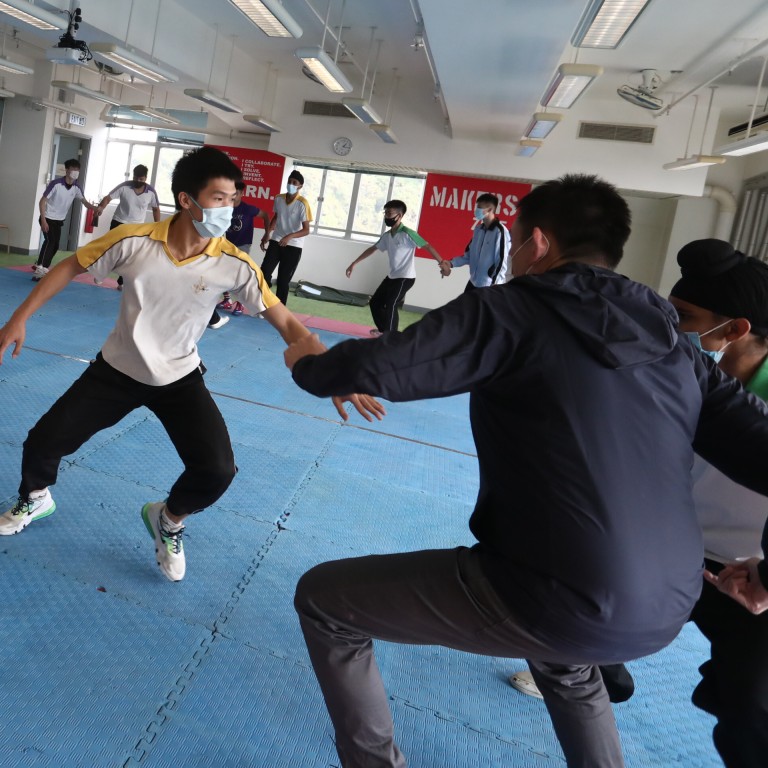
Teacher hopes to spread kabaddi in Hong Kong and help kids from ethnic minorities gain confidence in their own cultures
- Lo Yuk-kwong and Wyman Tang have chosen the physical sport of kabaddi as a vehicle to help Hong Kong people embrace aspects of South Asian culture
- ‘They don’t trust themselves. That’s why they just think oh, I’ll just do food panda,’ assistant principal Lo says
After graduating with degrees in anthropology from the Chinese University of Hong Kong, Lo Yuk-kwong and Wyman Tang wanted to do more to help youth from the city’s ethnic minority groups integrate into local society.
The default methodology was to help these kids learn about Chinese culture, a system that has its merit but which Lo felt may produce feelings of inferiority towards their own identities. So Lo and Tang are taking the opposite route. They want Hong Kong people to embrace aspects of the South Asian culture and chose sport as their avenue, specifically kabaddi.
Lo and Tang co-founded Kabaddi United, Hong Kong, a body that promotes the sport among the local population. Lo has also launched a kabaddi programme at the Caritas Wu Cheng-chung Secondary School in Pok Fu Lam, where is the assistant principal.
“Myself and Wyman wanted to promoted social inclusion in Hong Kong, we wanted to hold some talks and conduct a tour of the city but we wanted to find something more interesting,” Lo told the Post.
“Sport is a good medium because it doesn’t require much talking to overcome the boundary of language. Wyman went on a site visit to Nepal and he found that kabaddi is very popular and famous there, as well as in other South Asian countries. So we chose kabaddi to promote social inclusion in Hong Kong.”
Kabaddi is mostly popular in India, Pakistan, Bangladesh and Nepal and is part of the Asian Games roster, in which countries such as Japan, China, South Korea and others from outside the subcontinent take part.
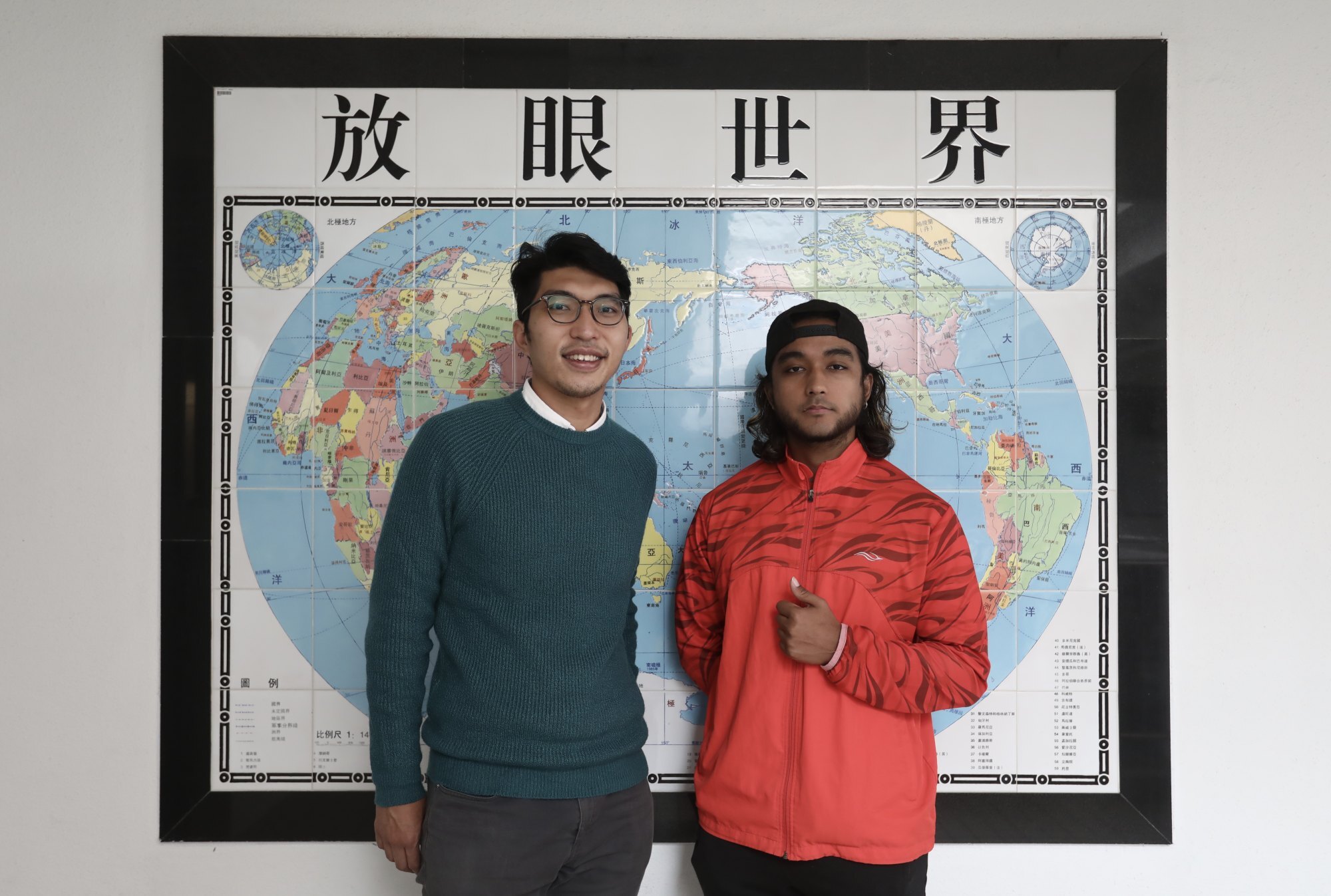
It is a physical team sport in which a player from one side must venture to their opponents’ half of the court, touch a rival and run back to his own side without being tackled.
Lo and Tang, with the help of schools and NGOs, have been trying to spread kabaddi around Hong Kong, not only to give local Chinese a taste of South Asian culture but to help kids from ethnic minorities feel confident about their own backgrounds.
“We wanted to empower those South Asian youth and we started to apply for some funding to to recruit some of these youngsters and over the years we have trained around 10 to 15 as coaches to share their culture with the Hong Kong people,” Lo said.
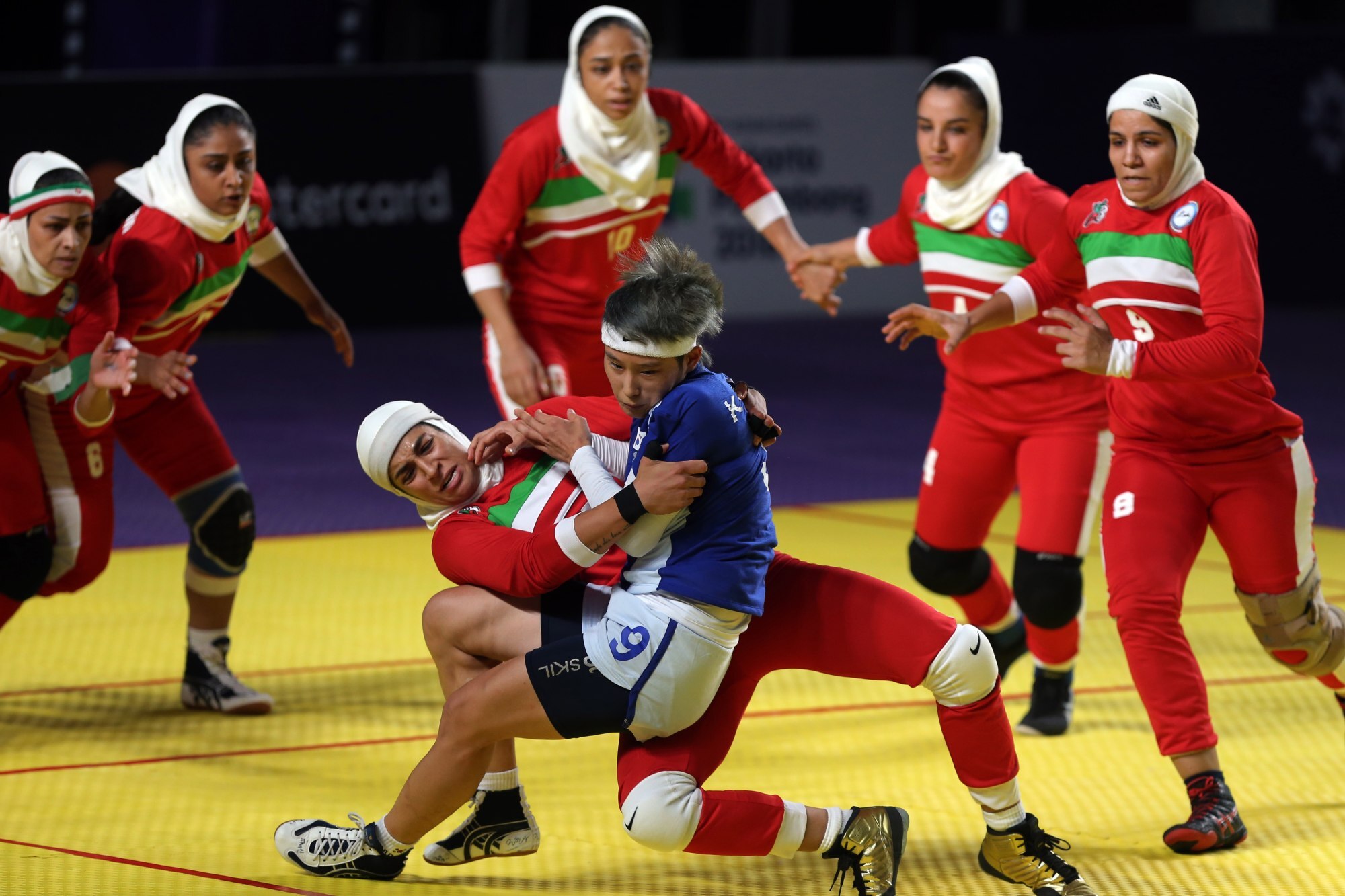
“This is really good because, you know, when they live in Hong Kong, they will always need to adapt to the culture of the Hong Kong, need to learn Cantonese, but in the kabaddi course, they will see there are many Hong Kong people who love our culture. They enjoy playing kabaddi. So it will boost their cultural confidence.”
Lo said it was the 1994 Fifa World Cup soccer competition, held in the United States, that first fostered his own interest in other cultures.
“Watching the World Cup when I was small I saw that, oh, there are many different countries in the world and different cultures and I felt quite excited about it,” he said. “At university, I chose to pursue anthropology, which study the different cultures around the world.
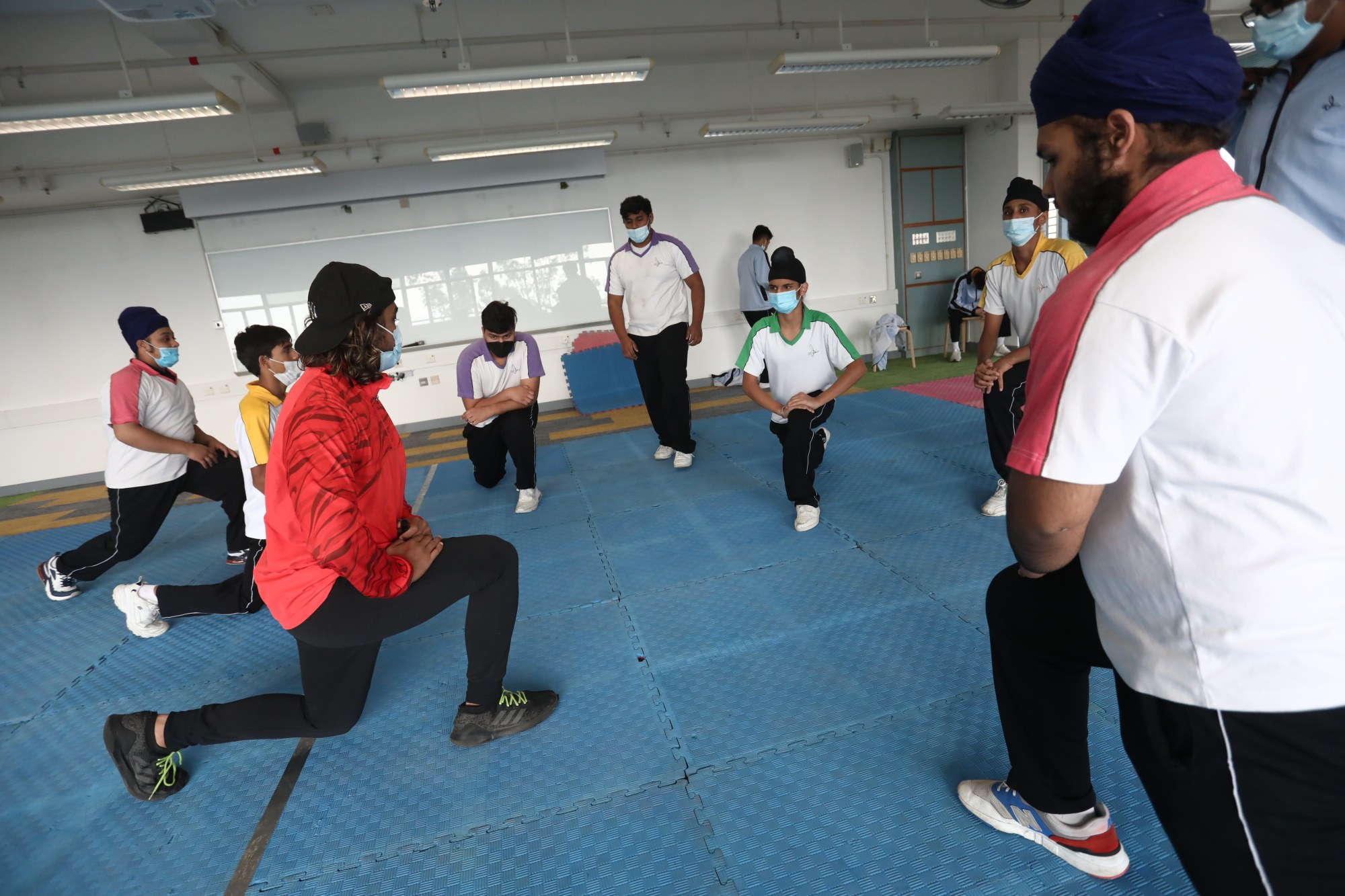
“And at that time, there was only five per cent of non-Chinese people living in Hong Kong, nowadays it is eight per cent. So apart from being a teacher, I wanted to do some social inclusion projects.”
He said youngsters from Hong Kong’s ethnic minorities face difficult challenges in trying to integrate into local society. Learning Cantonese is one of them and often, these kids simply give up.
Lack of job opportunities often result in these kids taking up lower-paying jobs such as food delivery but Lo said they have the potential to do so much more. He said infusing confidence in their own identities will help them when they forge a career for themselves after school.
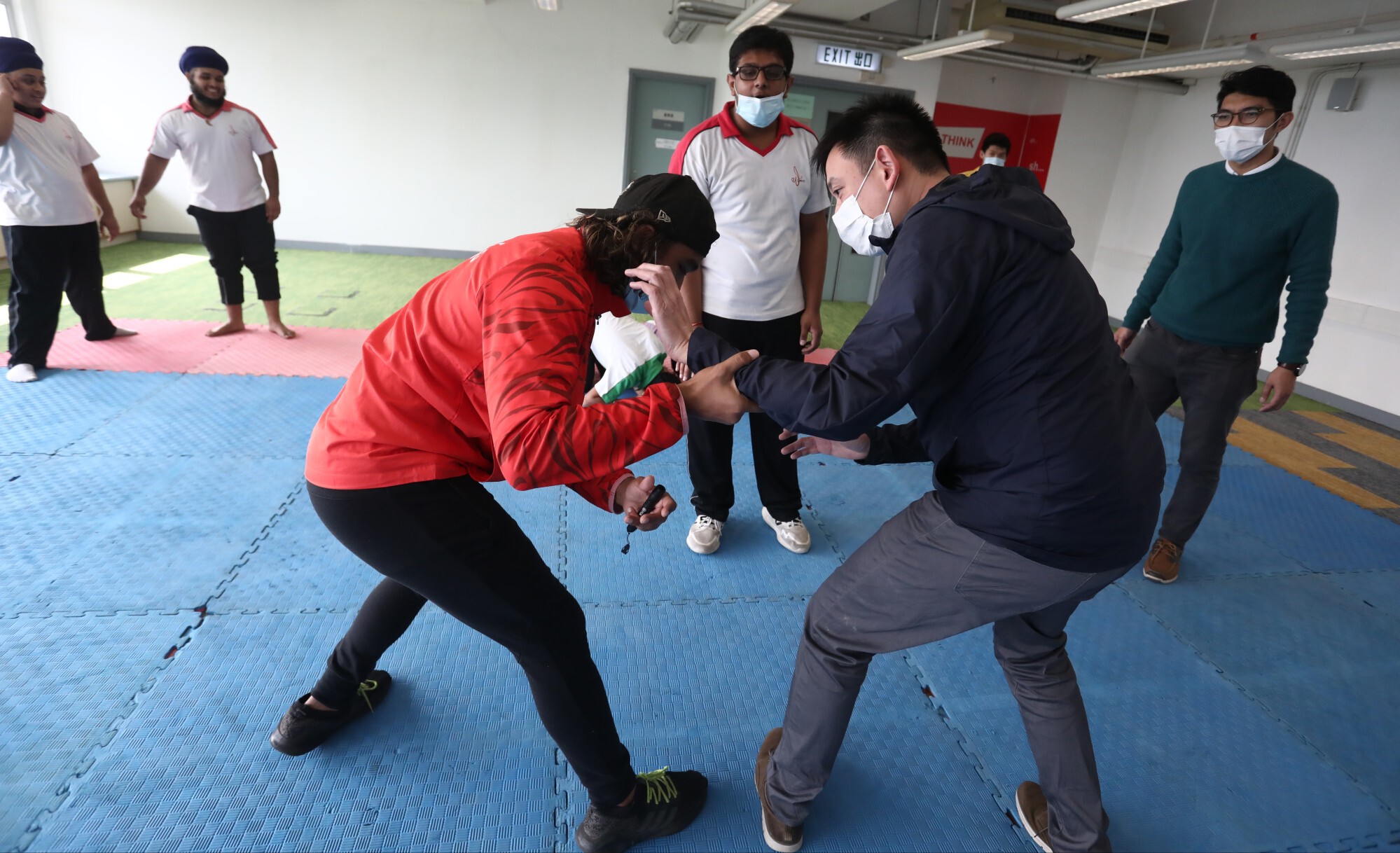
“The most important thing is to build up their cultural confidence,” said Lo. “You know, actually, their talent and their potential is no different to Hong Kong people but sometimes I find that their future aspirations are not very high.
“They don’t trust themselves. That’s why they just think oh, I’ll just do food panda. You can do food panda after graduation, but maybe after five years you feel bored.
“So we use not only the sports, but use technology to educate them. Like coding and programing, so they can work at Cyberport. We really hope our students can enhance their future aspirations,” said Lo, who was happy to see that three of his students had recently gained places in Hong Kong universities.
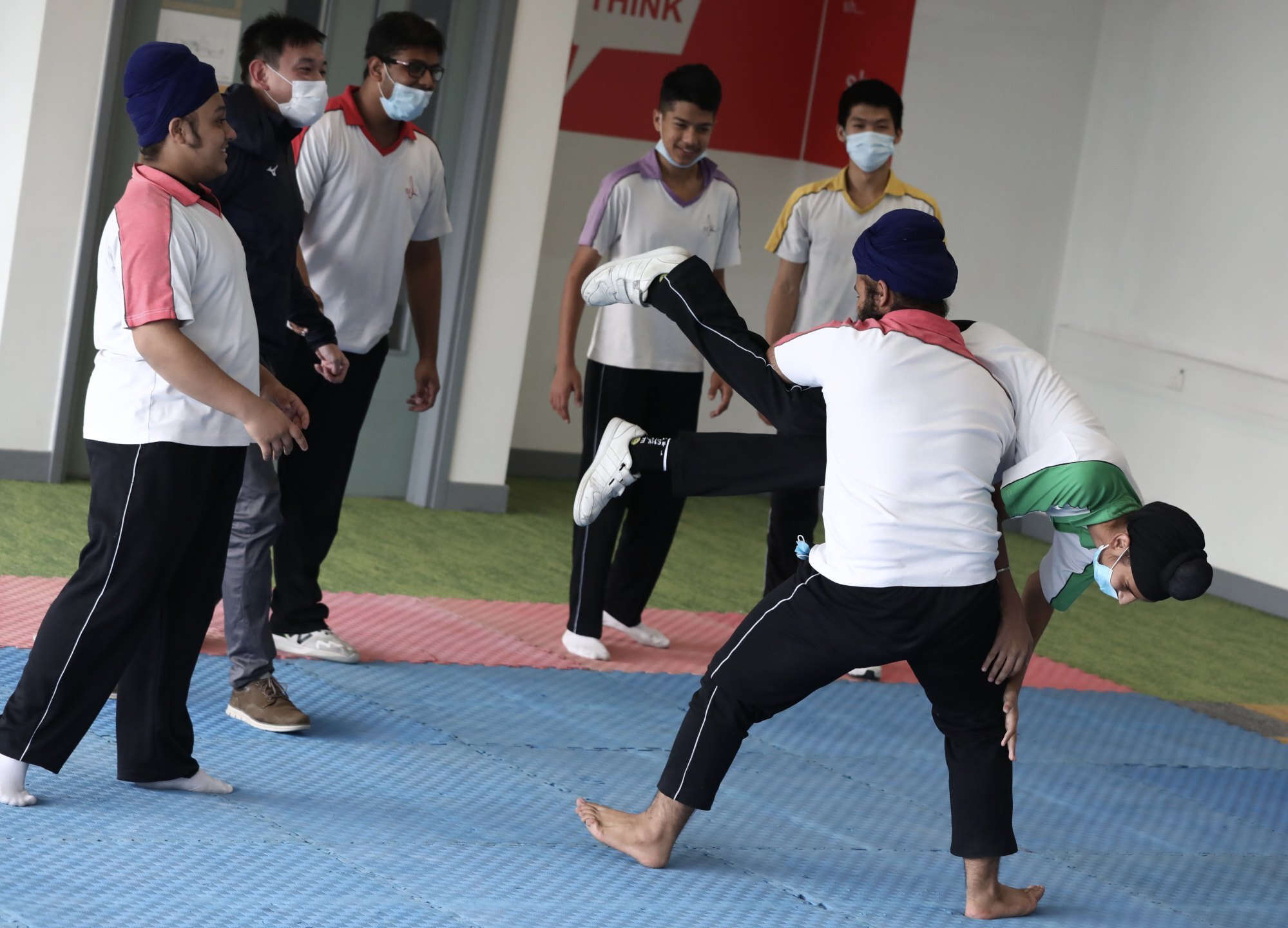
Lo said he believed many members of ethnic minority groups in Hong Kong lived in a parallel world that made integration even more difficult.
The education system, he said, was a factor, with Hong Kong employers sometimes unable to recognise the advantages of hiring people of diverse backgrounds.
“The schools use the Chinese medium of instruction and these kids lose their confidence and the motivation to study,” said Lo. “I would say, in Hong Kong, discrimination is not really serious but it is just that they don’t have the confidence to connect to the society.
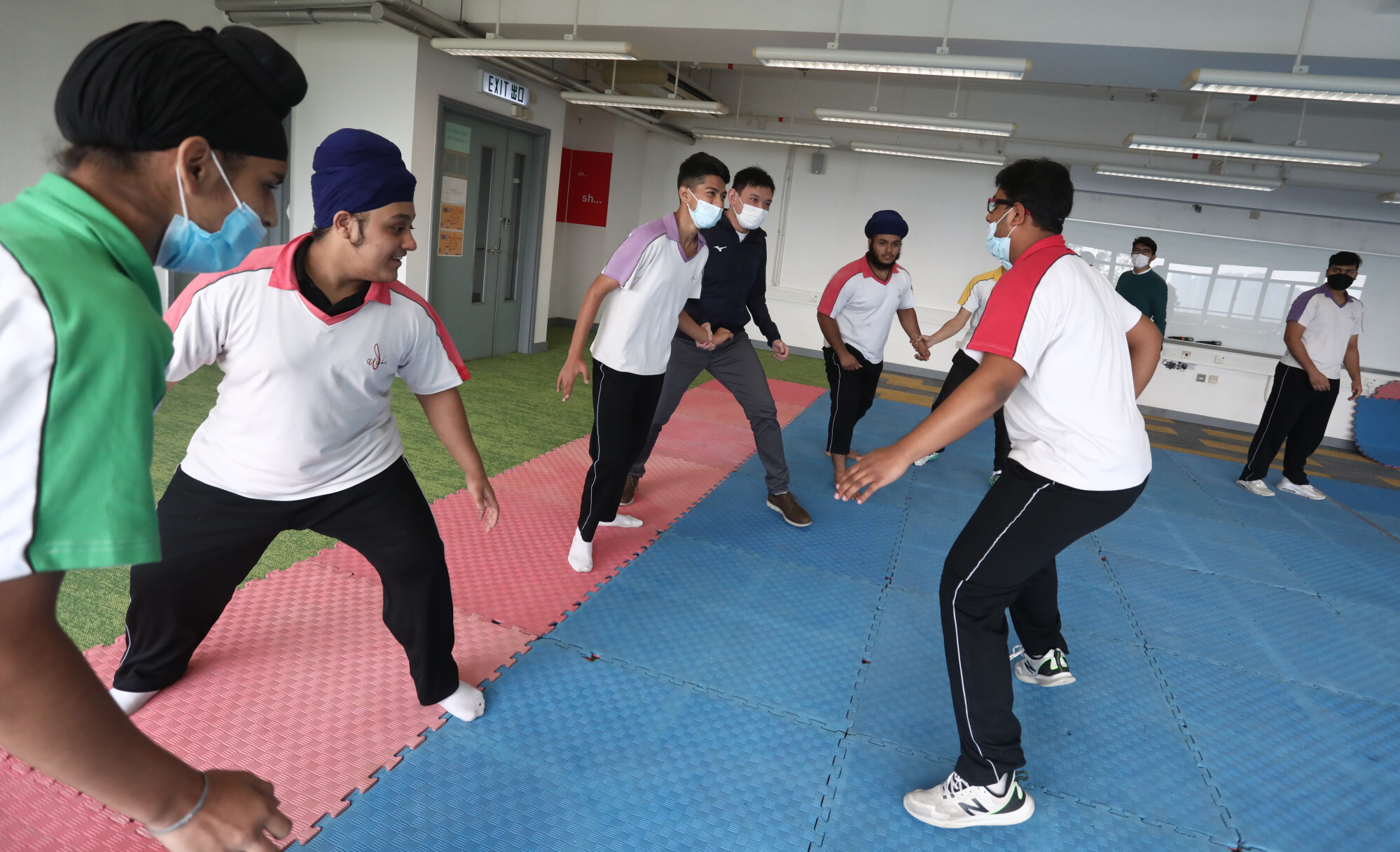
“They can actually can find advantages of being non-Chinese in Hong Kong. They may be better in certain things than others and their global vision is wider. [For employers], the experience to operate with people from different countries is to their advantages. Companies can take advantage of these skills.”
Meanwhile, Lo is keen to expand awareness of kabaddi in Hong Kong and is hoping to organise inter-district competitions.
“I want the coaches to go to different schools to teach different people how to play kabaddi,” Lo said. “The objective is to use kabaddi to empower them, to help them connect to the society. Hong Kong is very small, but when you live in the southern district you won’t go to Tung Chung, so we can organise district teams, they can play together.”

